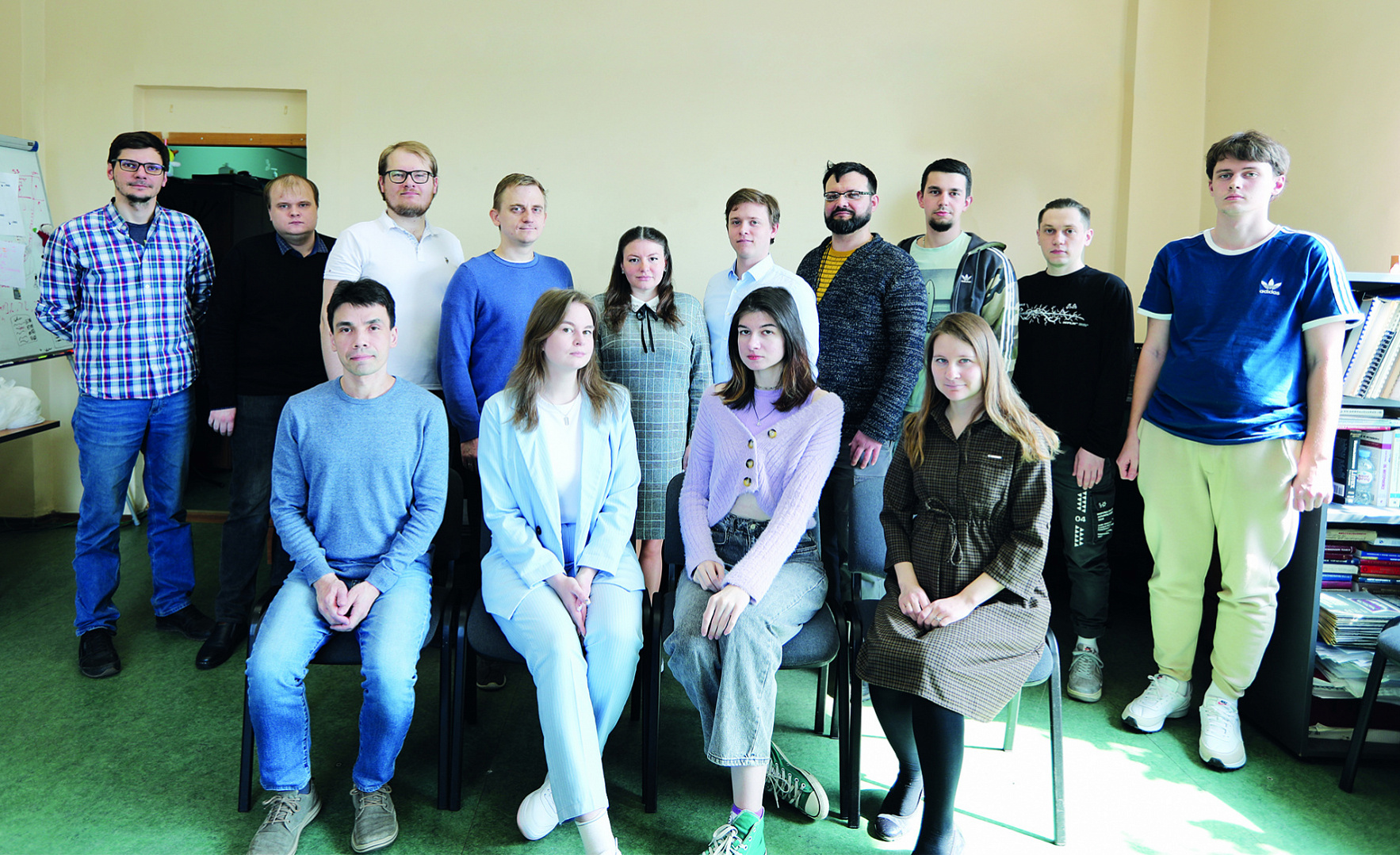New technology to increase accuracy and reliability of docking spacecraft with orbital stations

RIPI engineers (RIPI, part of the Russian Space Systems (RSS) holding of the Roscosmos State Corporation) have developed a new method to increase the accuracy and reliability of measurements when docking spacecraft with orbital station. This technology is being designed for preventing the occurrence of situations, when the spacecraft’s automation refuses to “catch” the station and cosmonauts have to switch to manual control.
One of the important features of radio systems’ operation, including the KURS radio system for mutual measurements, which now provides docking of spacecraft with the International Space Station (the ISS), is abundance of signals re-reflected from elements of various structures.
In case with the ISS, which has an extremely complicated configuration and is built of various modules, batteries, frames and other structures, the parameters measured during docking are often distorted, which may cause the “docking” contact of the spacecraft with the ISS to be lost.
Sergey MEDVEDEV, RIPI Chief Designer for Radio-Engineering Mutual Measurement Systems, said in an interview: “The essence of the new method lies in the way, in which a matrix model for spatial-temporal signals, reflected from an observed multipoint target is being formed, without knowledge of their distribution statistics. Such a model allows carrying out digital processing of a set of received signals and significantly suppress the re-reflected signals, thereby increasing the measurement accuracy.”
The technical result of this project has shown the effective improvement in measuring accuracy under the conditions of interference re-reflection and, as a consequence, an increase in fault tolerance of systems, designed for measuring the parameters of spacecraft relative motion.
The invention “Method for shaping received spatial-temporal signal, reflected from an observed multipoint target while operating a radar system” was acknowledged at XXVI Moscow International Salon of Inventions and Innovative Technologies “Archimedes-2023”.
JSC Russian Space Systems Press Service